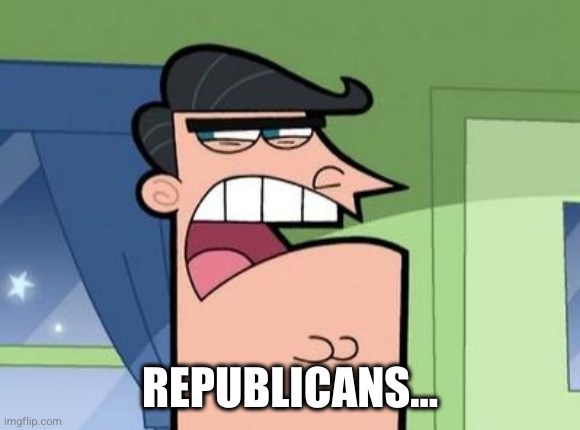
Tranus
I used to consider myself republican, and I think I'm still closer to republican than democrat. I prefer small government, which is at least sometimes a republican ideal. I am also against identity politics of any kind, so I am against affirmative action. I am in favor of gun rights, with regulations that allow for appropriate tracking of who has guns where, how they are stored, how they are transported etc. However, regulations that prevent particular people from owning guns or ban any particular weapons should be very conservative. Even felons should regain gun rights after an appropriate period of time. Only ridiculously dangerous weapons, like nukes, should be outright banned. Stuff like full auto weapons should be legal, but restricted to only be stored at a gun range or something. As far as LGBT goes, I don't think the government should have anything to do with them. Let them do what they want, let people react how they want (as long as it isn't violent of course, which is already illegal under other laws). I've never been really sure about abortion. My gut reaction is to just let people do what they want, but I struggle to logically justify it as anything but murder. Not to mention the impracticality of banning it.
I wouldn't really call myself a republican anymore though. This is largely because of the religious aspects. I don't know if republicans have actually become more authoritarian or if my perception has just changed, but either way they don't seem to prioritize the same things as me anymore. Things like right to repair, net neutrality, and E2EE are important to me, but they don't align with that at all. The party also keeps embracing identity politics, just with different identities than their opposition. Religion should be a non-factor from a governmental perspective. It doesn't need any special protections, just to be ignored.
If I had to call myself something, I guess I would be a 'libertarian socialist', however much of an oxymoron that seems to be. For instance, I like the idea of UBI, largely because it would allow almost all welfare/social programs to be eliminated (including social security). Doing so would reduce government control, because they no longer have an ability to tweak who gets what, since everyone gets the same amount.
If that was pretentious, I must be some kind of stuck up asshole
That's still best achieved with SBMM (just a less strict version). With random matchmaking, you are only equally likely to see better/worse players if you are in the 50th percentile.
Also, each player is independently selected (when random). This means there will probably be a mix of high skilled and noob players in every game. You would not see a team of mostly noobs or mostly pros. For a player in the 50th percentile, with a team of 6, the chance of being better than every player on the other team team is only 1.5%. For the 25th percentile, it is 0.02%. So a very significant number of players would (almost) never experience an "insane spee on noobs". However, the chance of having at least one player in the 75th percentile on the opposing team is 82%. So they would frequently encounter situations in which they feel hopelessly outmatched.
The only way to solve this is to use matchmaking that attempts to take skill into account.
The Chinese room argument doesn't have anything to do with usefulness. Its about whether or not a computer that passes the turing test is conscious. Besides, the argument is a ridiculous one to begin with. It assumes that if a subcomponent of a system (ie the human) lacks "understanding", then the system itself (the human + the room + the program) lacks understanding.
Well I guess I'm one of the 2 then
That sounds nice and all, but is useless as a definition. The way I see it used, wisdom is knowledge and intuition that is gained from experience, whereas intelligence is a property of a person that allows them to learn quickly.
In the first couple panels I can't stop seeing her mouth like a mustache
I love that they keep saying stuff like "introducing Ubuntu to the Christian community", as if they couldn't already use it.
I know it's repetitive, but (some) people still don't seem to hear it. Everyone complains about windows doing a million annoying things, but so few actually consider an alternative. Some people need to be reminded that they don't need to wait for Microsoft to fix their problems. Admittedly, I doubt very many of those are in this community, or on this platform though.
When you hit the windows key (aka meta-key or super-key) it brings up the app launcher. You get a dock at the bottom with pinned or running apps (like a taskbar), and all of your open windows are presented in a sort of mini-version that lets you switch between them or move them between workspaces. There is a search bar that you can immediately type into to open any app with a .desktop file. There is also a button to bring up the app grid which shows your apps kind of like a mobile device's home screen.